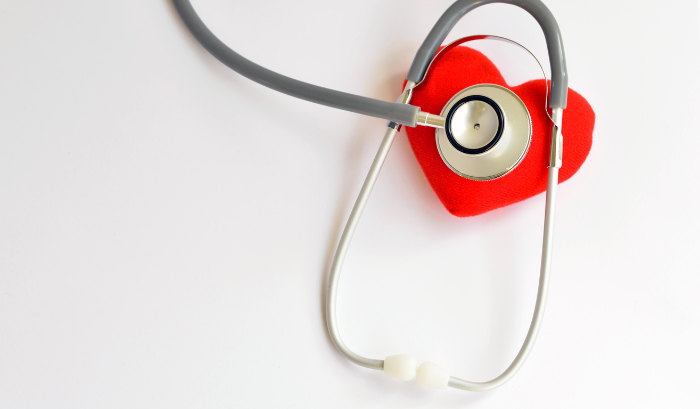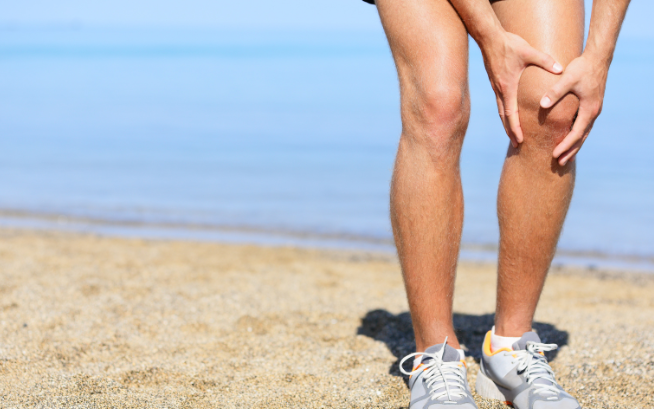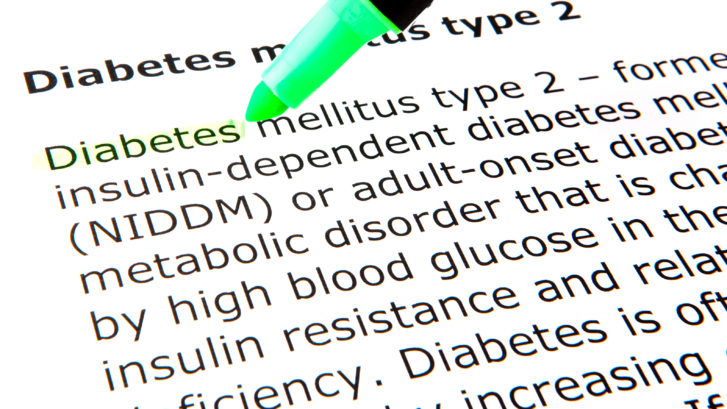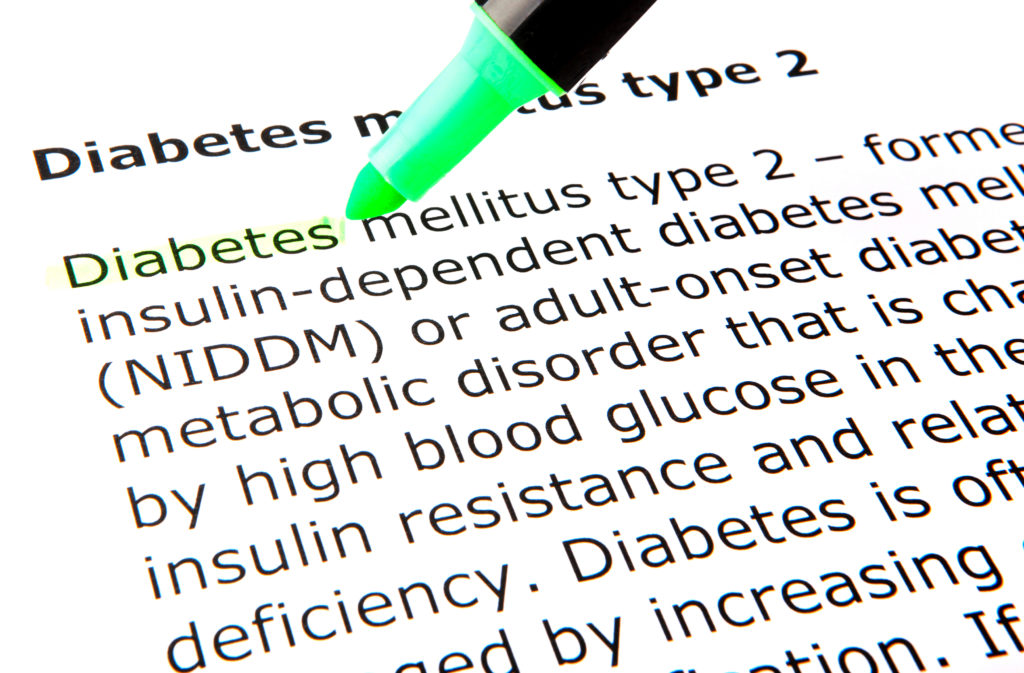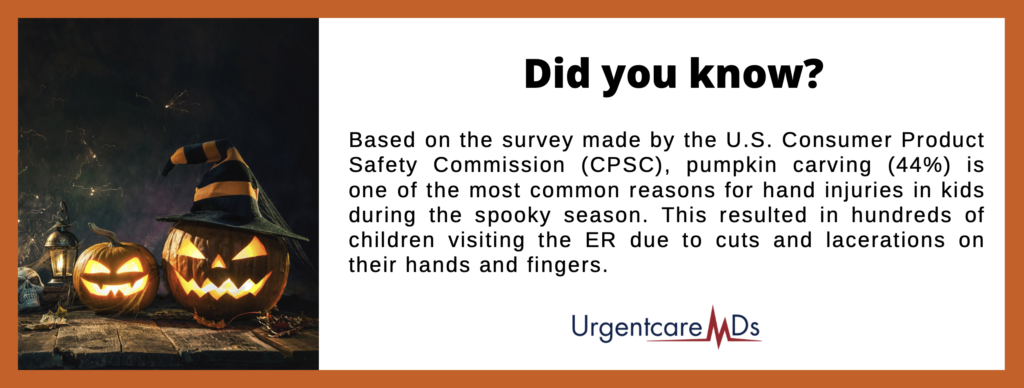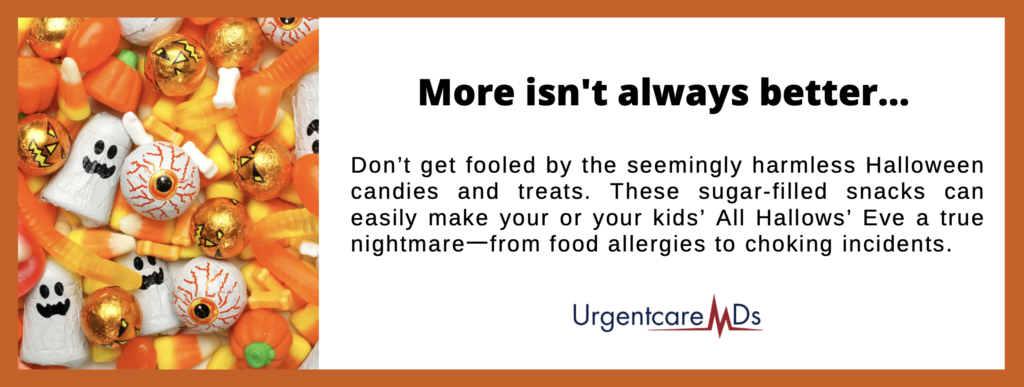Protect Your Heart: Prevention Tips for Common Heart Diseases
During February, American Heart Month is observed to heighten awareness of the primary source of mortality in the United States: heart disease. In 2020, about 697,000 individuals died from heart disease, and by the year 2060, one study is predicting a substantial rise in cardiovascular risk factors and disease in the United States.
In other words, the problem is likely to get worse before it gets better. This is why it is important to understand the risk factors associated with heart disease and the steps you can take to reduce your chances of developing it.
Understanding the Risks of Heart Disease
Heart disease is a very serious health condition that can have life-threatening consequences if it is not taken seriously. The most common risk factors for heart disease include:
- High cholesterol – High cholesterol can develop fatty deposits in your blood vessels and can block the artery.
- High blood pressure – High blood pressure can cause the arteries to become thick, making it harder for the blood to flow, which can lead to blood clot and heart attack.
- Diabetes – Diabetes can cause harm to the heart and blood vessels, thereby increasing the likelihood of developing heart disease.
- Smoking – Smoking increases the risk of heart disease due to the chemicals it contains that can damage the heart and blood vessels.
- Obesity – People who are overweight are more susceptible to developing heart issues due to the increased pressure on the heart.
Other significant contributors to developing heart diseases include lifestyle, eating unhealthy diet, physical inactivity, age, and genetics. It is never too late to make changes that can help reduce the risk of heart disease.
Common Heart Diseases
Heart diseases are a group of conditions that affect the heart and its ability to function. Common types of heart conditions include:
- Coronary Artery Disease (CAD)
CAD is a narrowing of the arteries that supply the heart muscle with oxygen-rich blood. It is the most common form of heart disease and can lead to a heart attack, stroke, or sudden death.
- Heart Arrhythmias
It is a condition in which the heart beats too fast, too slow, or irregularly. It can cause chest pain, dizziness, and fainting, and can lead to stroke or sudden death.
- Heart Attack
It is a condition in which a blockage in the arteries of the heart prevents the supply of oxygen to the heart muscle, which can lead to a heart attack. The most common symptom of a heart attack is chest pain, which can feel like tightness, squeezing, or a burning sensation.
- Angina
It is a heart condition caused by a decrease in oxygen supply to the heart muscle. Symptoms of angina include chest pain or discomfort that often feels like a squeezing or pressure in the chest but can also be felt in the shoulders, arms, neck, jaw, or back.
- Stroke
It is a type of heart disease that occurs when the blood supply to the brain is interrupted. It can lead to paralysis, speech problems, memory loss and even death.
- Heart Valve Disease
It is a condition in which one or more of the heart’s four valves do not work properly. This can cause blood to flow backward or become trapped in the heart, leading to symptoms such as breathlessness, chest pain, and fatigue.
How to Prevent Heart Disease
If you are at risk for heart disease, there are steps you can take to protect yourself. By following these easy recommendations, you can safeguard your heart health and lower your chances of contracting heart disease.
- Avoid fatty food and cut down your sodium intake.
- Choose a healthy eating plan and add more fruits, vegetables, and lean protein to your diet.
- Quit smoking.
- Start an active lifestyle. Walking or jogging can help you develop a healthy body.
- Manage your stress. Try relaxation techniques such as meditation, yoga, or deep breathing.
- Maintain a healthy weight.
- Get a better night’s sleep.
- Limit your alcohol consumption.
- Visit your doctor for a regular heart checkup and health screening.
Additionally, you should talk to your doctor about any family history of heart disease and any symptoms you may be experiencing.
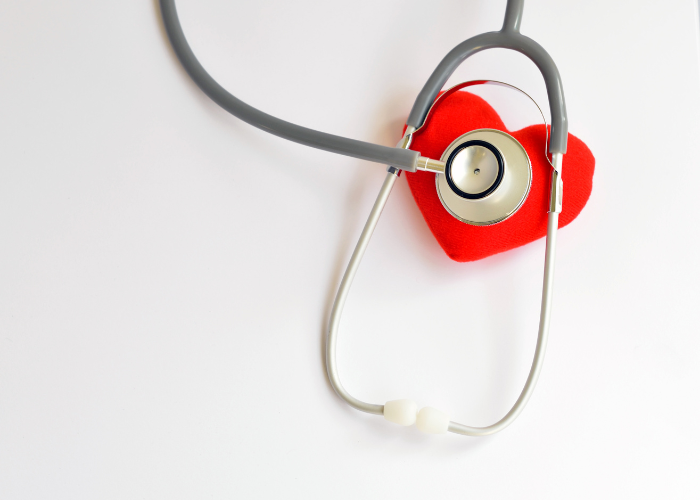
Are you looking for primary care in Baytown?
If you or a loved one have any of the symptoms of heart disease, you should schedule an appointment with a primary care doctor. Urgentcare MDs is a trusted urgent care facility with licensed and highly skilled physicians who specializes in treating patients with heart diseases, back pain, injuries, respiratory illnesses, trauma, infections, and many others.
For consultations and medications, you can visit our offices:
No matter what your healthcare requirements are, we are here to offer you the highest quality care. Contact us today to set an appointment with a heart specialist.
***
The material contained on this site is for informational purposes only and DOES NOT CONSTITUTE THE PROVIDING OF MEDICAL ADVICE, and is not intended to be a substitute for independent professional medical judgment, advice, diagnosis, or treatment. Always seek the advice of your physician or other qualified healthcare providers with any questions or concerns you may have regarding your health.

